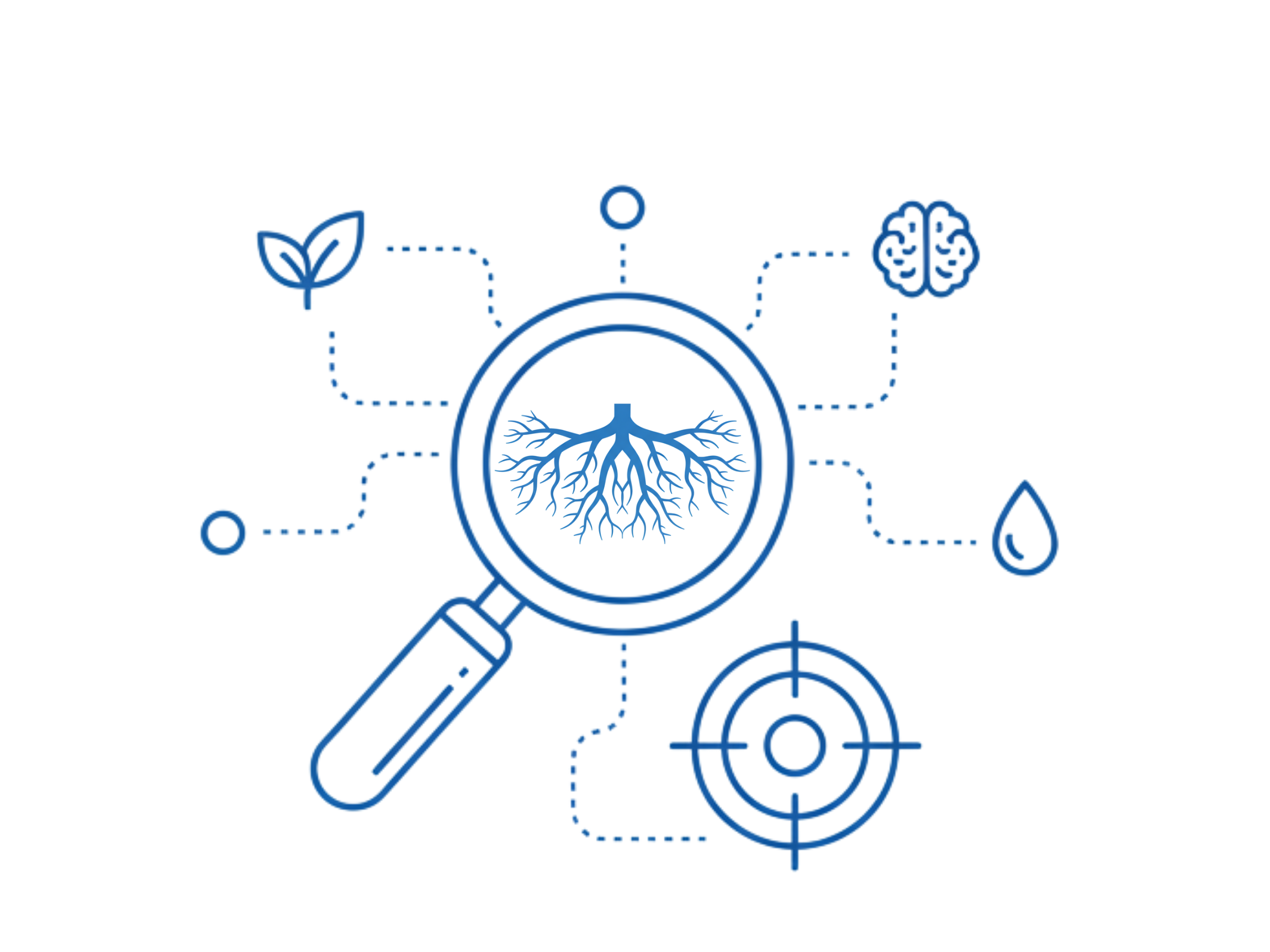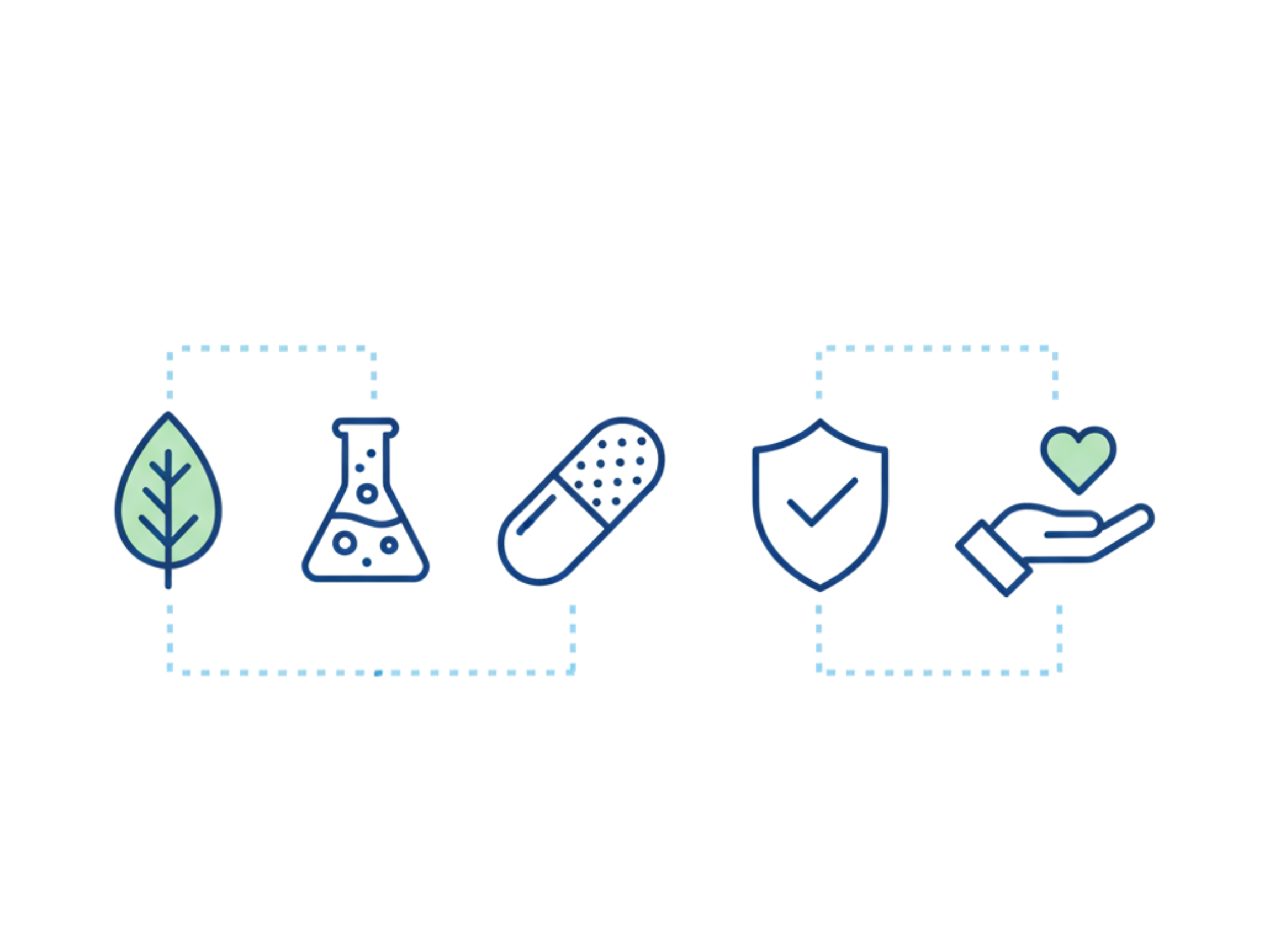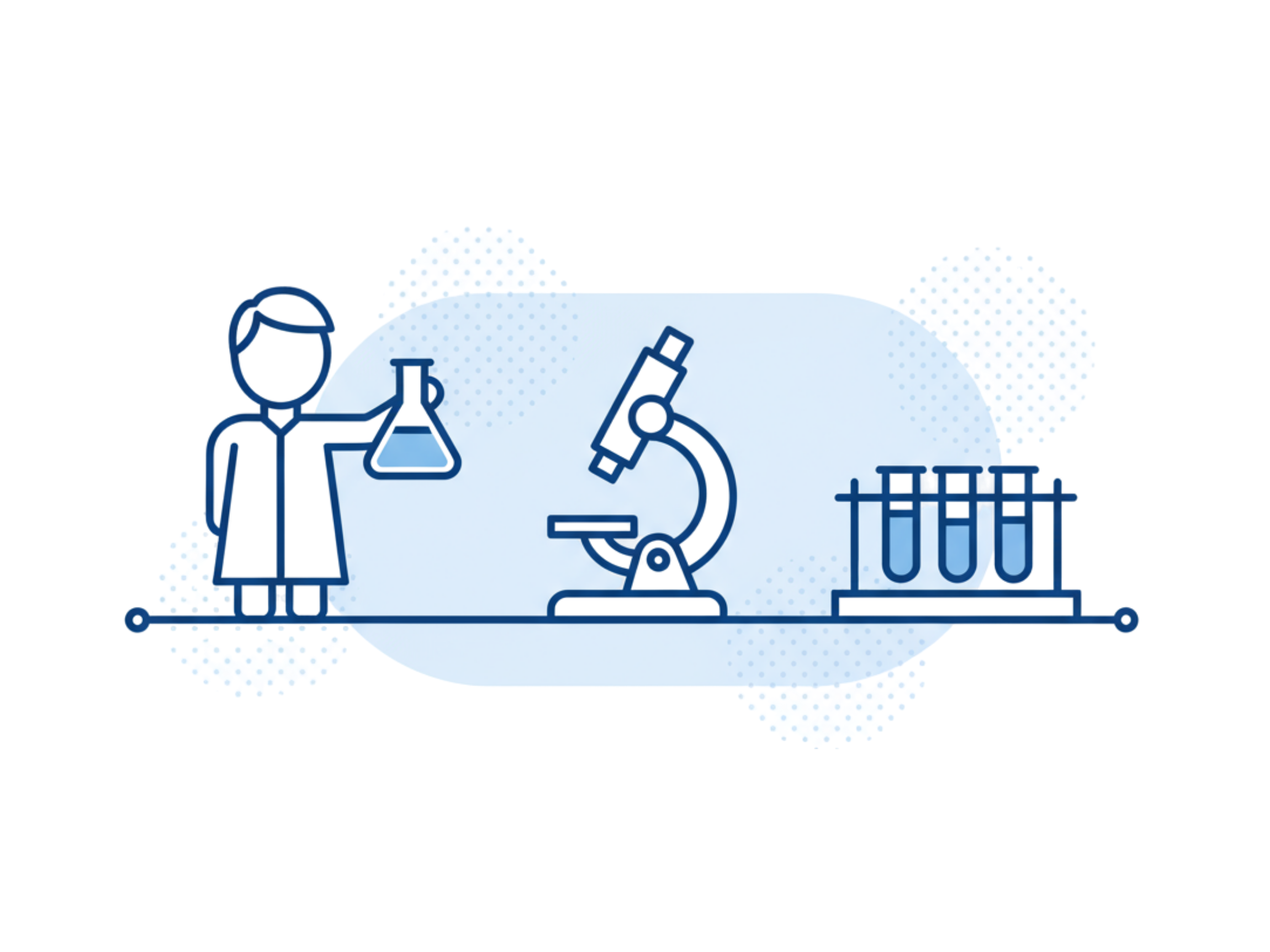
Root Cause Healing
At Diagnose to Cure, we are guided by a simple but powerful belief: true healing begins by addressing the root cause of illness, not just the symptoms.
Committed to addressing the root cause of illness through premium botanical extracts and expert-guided formulations

At Diagnose to Cure, we are guided by a simple but powerful belief: true healing begins by addressing the root cause of illness, not just the symptoms.

With this vision we bring you a carefully curated range of nutritional support supplements made from premium botanical extracts and high-quality ingredients.

Our mission goes beyond delivering supplements — it is about building trust, wellbeing, and lasting health.
Every batch undergoes rigorous testing: purity, heavy metals, microbial analysis, content validation. We follow GMP (Good Manufacturing Practices) and partner with accredited labs.
Meet the dedicated team of herbalists, nutritionists, and wellness advisors who design and monitor our formulas. Their combined expertise ensures each product is safe, effective, and reliable.
Over 10,000 customers have trusted us already. Our flagship product line has received more than 5,000 5-star reviews across platforms.
If within 30 days you’re not satisfied, we offer a money-back guarantee (terms apply).
Join us in the journey to root-level wellness. Your health is more than your symptoms—it’s your life.
I was looking for a natural alternative, and these Ayurvedic supplements have been a game-changer. The quality is excellent and it really made a difference in my daily routine. Highly recommended for anyone seeking balance and health improvement.
Giloy-Guduchi Plus worked wonders for my immunity. I rarely fall sick now. I feel more energetic and stronger every day, which has improved my performance at work and personal life alike.
HeartMate has really improved my stamina and helped me feel more active in daily life. It’s incredible how something so simple can make such a huge impact. I feel healthier and more confident.
These supplements have helped me balance my lifestyle better. I feel more energetic, less stressed, and I’m sleeping better. It’s like I’ve found a holistic solution for my health.
I feel much healthier since I started using these products. They’ve become essential to my diet. My focus and energy levels are better than ever before!
After using these supplements, my overall well-being has greatly improved. I feel balanced, calm, and more focused throughout the day. Truly a transformative experience.
You can place an order through our website or mobile app by selecting the required medicines, uploading prescriptions if needed, and proceeding to checkout with your address and payment details.
Yes. We offer consultation services where you can speak to a certified pharmacist or healthcare expert for advice on medicine usage, dosage, and possible side effects before placing your order.
Absolutely. We partner with licensed medical stores and suppliers to ensure that all medicines are authentic, stored properly, and safe for use.
Standard delivery is within 24–48 hours depending on your location. Express delivery options are also available for urgent needs.
If you encounter issues such as incorrect delivery, expired medicines, or dosage concerns, you can contact our customer support anytime. We will resolve the issue promptly or arrange for a replacement.
